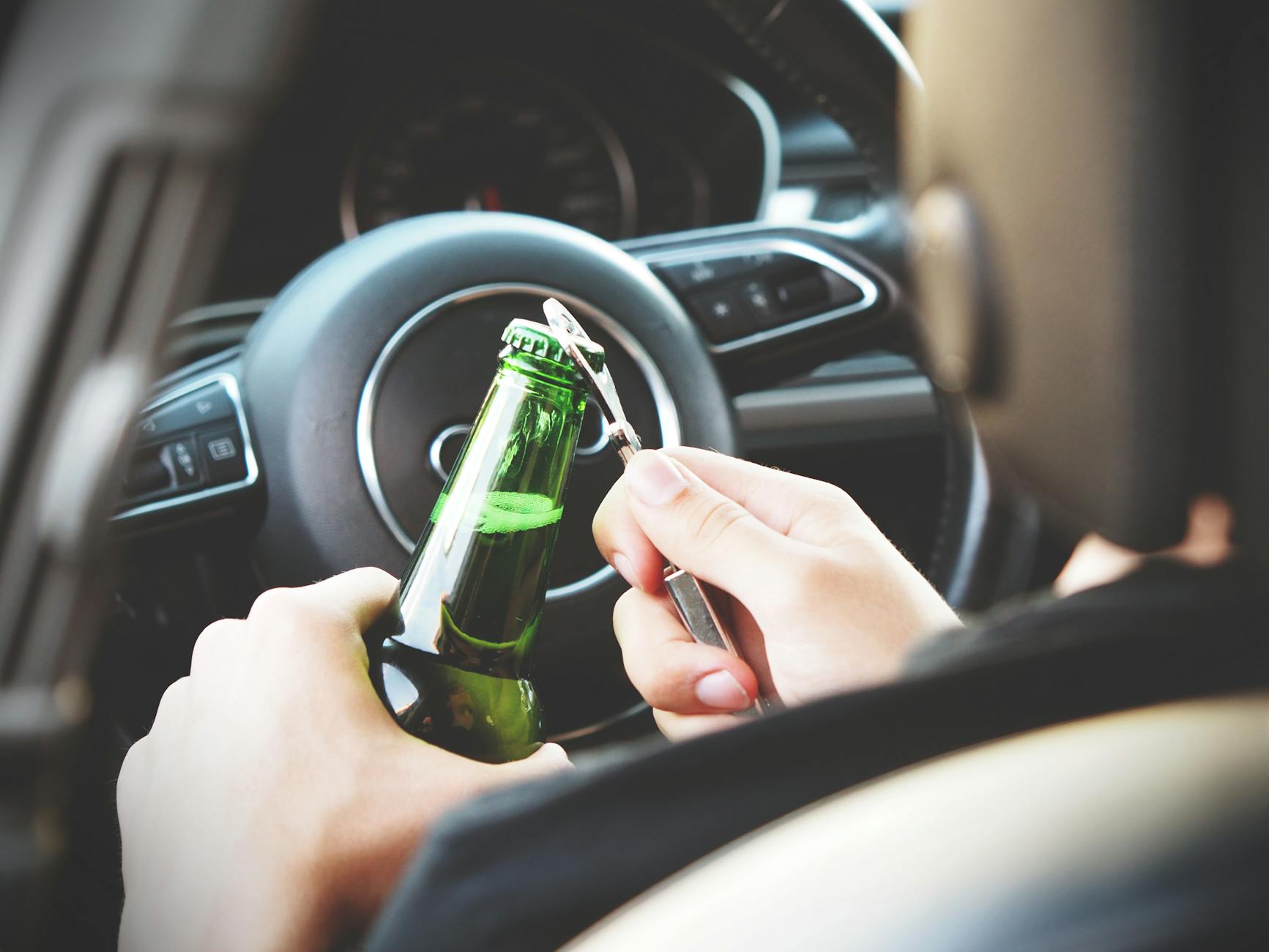Discover the surprising factors that determine how many beers it takes to get you drunk. Uncork the bottled up truth now!
Table of Contents
Welcome to our in-depth exploration of the age-old question: how many beers does it take to get drunk? This inquiry is one that has puzzled many a party-goer and casual drinker, but the answer is not a simple one. In this blog post, we’ll delve into the fascinating science behind alcohol metabolism, individual tolerance levels, and the myriad factors that can influence just how intoxicated a person may become after consuming beer.
Understanding Alcohol Metabolism
Alcohol metabolism is a complex process that occurs in the liver. When a person consumes alcohol, enzymes in the liver work to break down the ethanol molecules into acetaldehyde and then into acetic acid, which can be processed and eliminated from the body. This process occurs at a relatively consistent rate, but can be influenced by a variety of factors.
Factors such as a person’s weight, gender, and liver function can all impact how quickly alcohol is metabolized. Generally, individuals with a higher body weight and more muscle mass tend to metabolize alcohol more efficiently than those with less weight and muscle. Additionally, women typically have lower levels of the enzyme alcohol dehydrogenase, which plays a crucial role in alcohol metabolism, making them more susceptible to the effects of alcohol.
It’s important to note that genetic factors play a significant role in alcohol metabolism as well. Some individuals may have variations in the genes responsible for alcohol metabolism, leading to differences in how their bodies process and eliminate alcohol.
Individual Tolerance Levels
Alcohol tolerance refers to how much alcohol a person can consume before feeling intoxicated. This can vary widely from person to person and is influenced by a variety of factors, including genetic predisposition, drinking habits, and overall health.
Individuals who regularly consume alcohol tend to develop a higher tolerance over time. This is because the body becomes more efficient at metabolizing alcohol and the brain adjusts to the effects of alcohol, requiring more to achieve the same level of intoxication.
Recognizing your own tolerance level is crucial for safe and responsible drinking. It’s important to listen to your body and know when it’s time to stop consuming alcohol to avoid becoming overly intoxicated.
Factors Influencing Intoxication
While the number of beers it takes to get drunk can vary based on an individual’s metabolism and tolerance, there are several other factors that can influence intoxication as well.

Image courtesy of www.reddit.com via Google Images
One key factor is food consumption. Eating a substantial meal before drinking can help slow down the absorption of alcohol into the bloodstream, reducing the likelihood of feeling intoxicated quickly. Similarly, staying hydrated while drinking can help mitigate the effects of alcohol.
The type of alcohol and its alcohol content also play a role in intoxication. Beers with higher alcohol by volume (ABV) will have a stronger effect than those with lower ABV. Additionally, carbonated drinks like beer can increase the rate of alcohol absorption, potentially leading to quicker intoxication.
Lastly, certain medications and medical conditions can interact with alcohol and increase its effects. It’s important to be aware of any potential interactions and consult with a healthcare provider if necessary.
Conclusion
As we’ve explored, the answer to the question of how many beers it takes to get drunk is a nuanced one. Alcohol metabolism, individual tolerance levels, and a variety of other factors all play a role in determining intoxication levels. By understanding these factors and practicing responsible drinking habits, individuals can make informed decisions about their alcohol consumption and enjoy a safe and enjoyable drinking experience.
We encourage our readers to stay informed, know their limits, and prioritize their health and well-being when consuming alcohol. Here’s to raising a glass, but always in moderation!
FAQ
How does body weight affect how many beers it takes to get drunk?
Body weight plays a role in alcohol metabolism. Generally, individuals with higher body weight and muscle mass metabolize alcohol more efficiently, requiring more beers to feel intoxicated.
Can genetics influence alcohol tolerance?
Yes, genetic factors can impact alcohol metabolism and tolerance levels. Variations in genes responsible for alcohol metabolism can lead to differences in how the body processes alcohol.
Is it safe to drink on an empty stomach?
Drinking on an empty stomach can lead to quicker alcohol absorption and intoxication. It’s safer to consume alcohol with food, as it can slow down the absorption rate and lessen the effects of alcohol.
How can I know my alcohol tolerance level?
Pay attention to how alcohol affects you over time. Start with fewer drinks and observe your reactions. Knowing your limits, listening to your body, and practicing responsible drinking habits can help you gauge your alcohol tolerance level.
Generated by Texta.ai Blog Automation


Leave a Reply